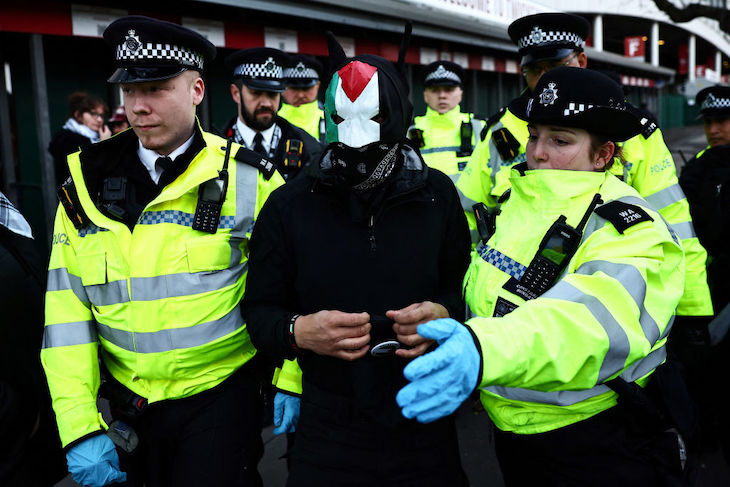Michael Gove has a reliable track record for sounding the alarm on ideological hatred, so are his latest proposals on redefining extremism a cure for what ails us? The communities secretary has unveiled a plan to broaden the definition of extremism. The new official meaning aims to ban those with a ‘violent or intolerant’ ideology from government links and funds.
Already a subscriber? Log in
Subscribe for just $2 a week
Try a month of The Spectator Australia absolutely free and without commitment. Not only that but – if you choose to continue – you’ll pay just $2 a week for your first year.
- Unlimited access to spectator.com.au and app
- The weekly edition on the Spectator Australia app
- Spectator podcasts and newsletters
- Full access to spectator.co.uk
Or




















Comments
Don't miss out
Join the conversation with other Spectator Australia readers. Subscribe to leave a comment.
SUBSCRIBEAlready a subscriber? Log in